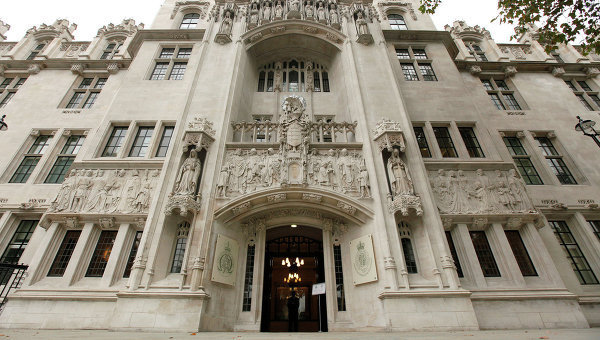MOSCOW, January 22 (RAPSI) - The UK Ministry of Justice’s proposal to enhance court fees as a means of raising funds to support the civil court system is unfit to fulfill its intended purpose, according to a policy memo released by the Regulatory Policy Committee (RPC).
The RPC provides the UK government with external and independent reviews of proposed regulations and deregulations. According to the government website, the RPC aims to ensure that such decisions are rooted in a “robust, evidence based policy making process.”
According to the policy memo, which was released earlier this month, the problem at the core of the regulatory proposal is the fact that the Ministry of Justice fails to recover the full cost of the civil court system. By way of an example, the memo notes that taxpayers were burdened with GBP 150 million to support the system in 2012/2013, during which time a gross income of GBP 500 million failed to cover the total cost of GBP 625 million. In addition, GBP 25 million was spent on fee waivers during that period.
The Justice Ministry thus aims to protect access to justice by ensuring that the courts have sufficient resources, while simultaneously reducing the responsibility of taxpayers for funding the system. Policy objectives include, among other things: “recovering more than cost in specified circumstances,” or “enhanced fees,” according to the RPC memo.
The enhanced fees objective in particular gave rise to the RPC memo at issue.
Noting that the enhanced –fees policy was expected to increase the court service’s net fee income to GBP 190 million, the RPC asserts: “This suggests that enhanced fees will result in HM Courts and Tribunal Service raising more in fees than it spends in costs. The [impact assessment] must clearly explain why GBP 190 million is required and, if HM Courts and Tribunal Service will be generating a surplus, this must be clearly reflected in the IA and the Department must explain what the additional revenue will be used for.”
The RPC further criticized the initiative for a lack in sufficient, evidence-based discussion of the risks associated with a reduced demand for court services.
The RPC further urged an explanation of whether other fee structures were being considered, and how the proposed fee structure was chosen.



